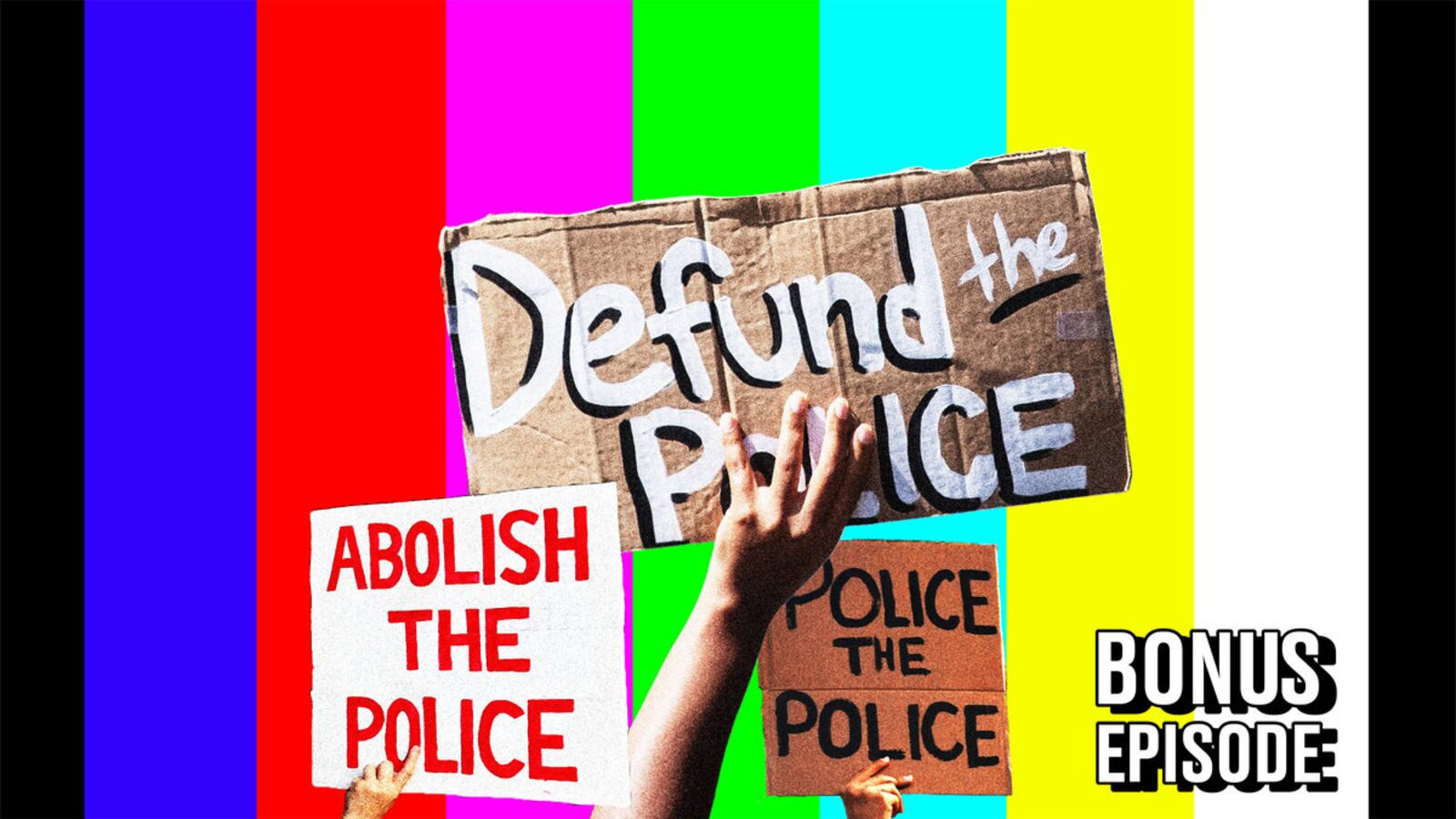Could modern social movements exist without the internet? Gal Beckerman, editor at The Atlantic, thinks so.
When writing his book, The Quiet Before, he noticed that spaces with old-fashioned human-to-human connection can be just as effective, if not more, than spaces like Twitter.
Beckerman tells Molly Jong-Fast in this bonus episode of The New Abnormal how the Black Lives Matter movement is a prime example. In 2016, activists leading the “Abolish the Police” drive decided to take their organizing efforts off the internet altogether for a period of time in what became known as a “blackout.” In the process, they discovered something they weren’t expecting.
Subscribe to The New Abnormal on Apple Podcasts, Spotify, Google Podcasts, Stitcher, Amazon Music, or Overcast. To listen to our weekly members-only bonus episodes, join Beast Inside here. Already a member? You can listen here and sign up for new episode email alerts here.
“They were saying, ‘No, we’re kind of losing our bearings here. We’re so focused on gaining popularity on the platforms that we’re on, we don’t even know what’s going on in our communities,’” recounts Beckerman. “Once they did this blackout, they started going out to the neighborhoods that they were supposedly organizing and working in and knocking on doors and talking with people, having kind of small conversations. They began to quickly realize that the people that they were in favor of abolishing the police for didn’t wanna get rid of the police. And they needed to redirect their work.”
Beckerman explains he isn’t saying we get rid of the internet, but rather, get out of echo chambers.
Listen to The New Abnormal on Apple Podcasts, Spotify, Amazon and Stitcher.





